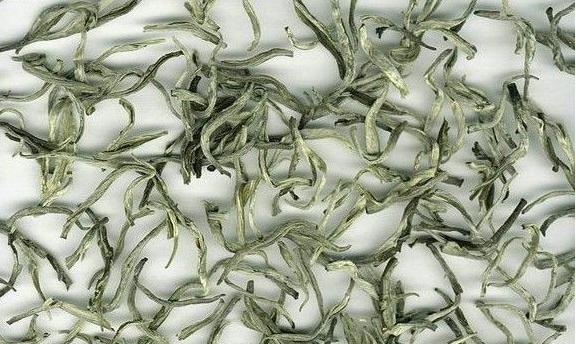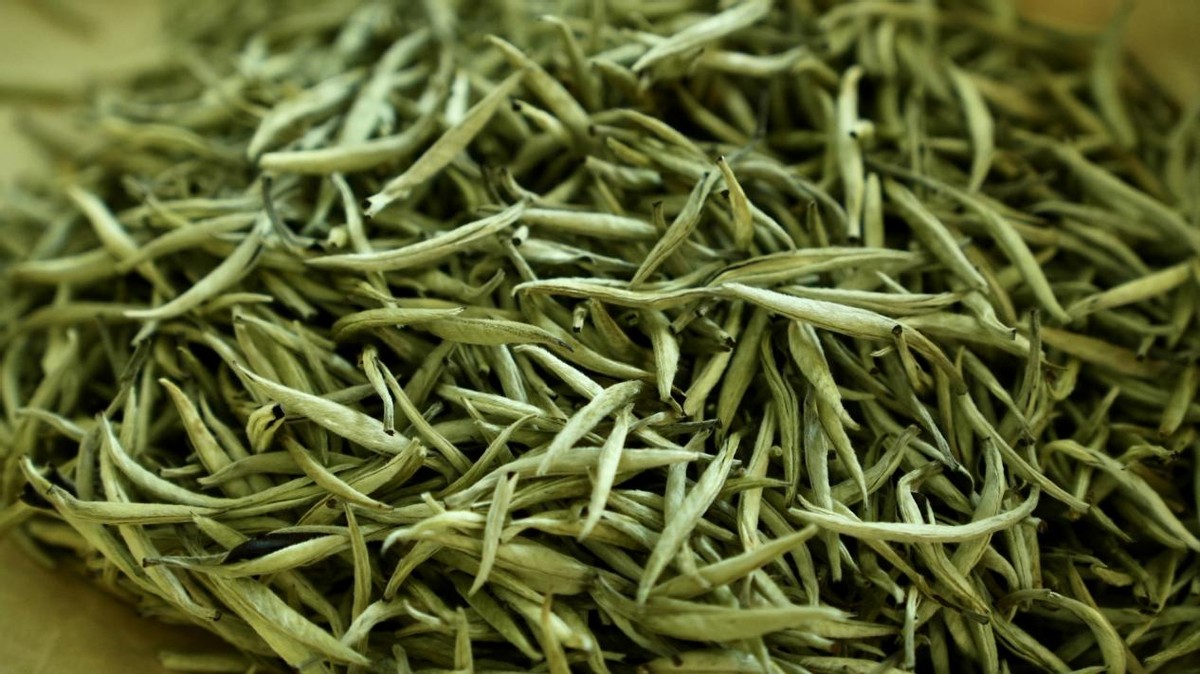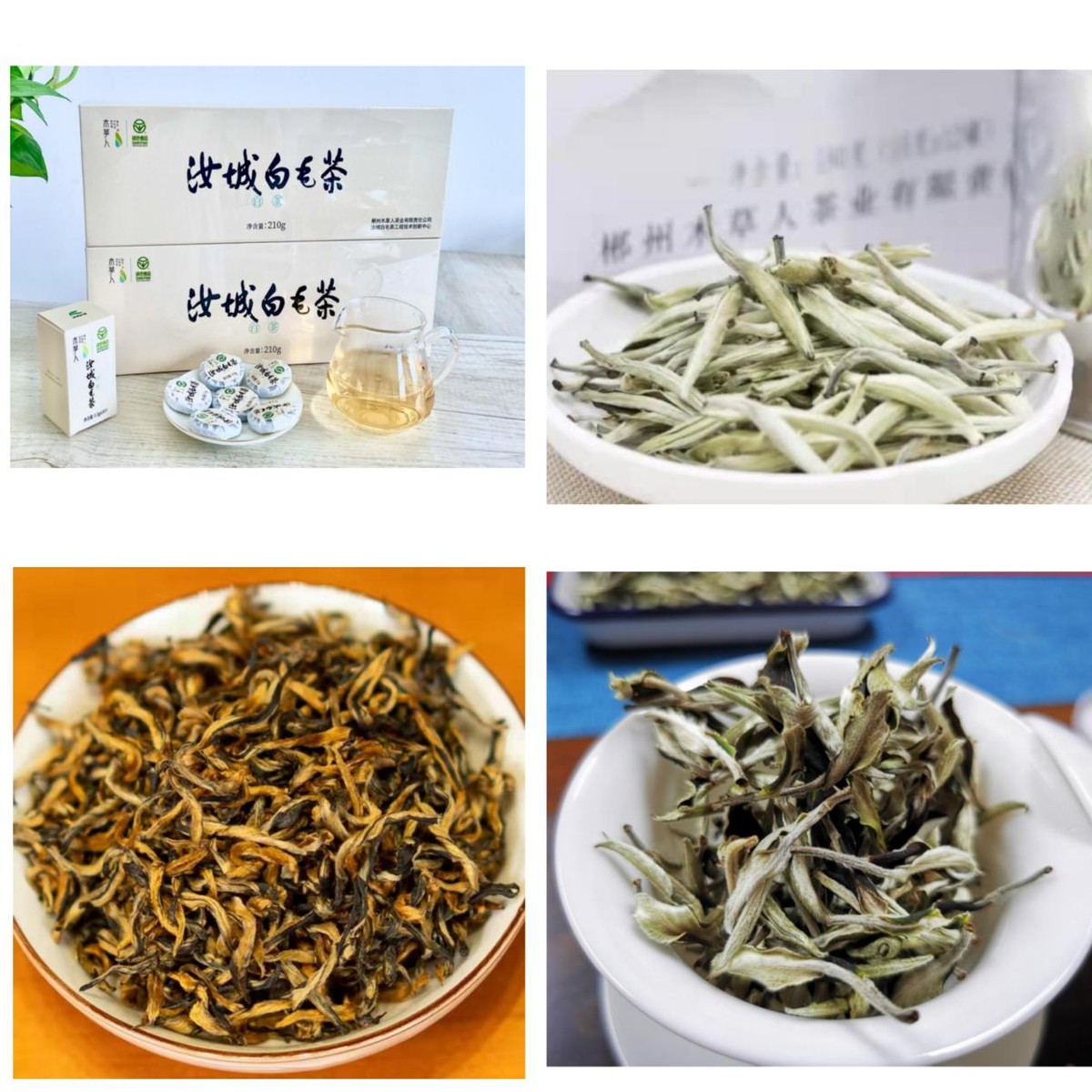Rucheng Baimao Tea is produced in the Jiulong River and Sanjiangkou areas. Known as the “pearl of tea”, it was identified as a “rare black tea resource in the world” in 1991.

The producing area has a high altitude, abundant diffused light, and a large temperature difference between day and night, and is shrouded in clouds and mist all year round, which has made the tea buds strong, leaves large, and both sides hairy. This tea was once a tribute during the Ming and Qing dynasties.
Baimao Tea is made with tender buds and leaves through traditional manual techniques. It contains rich ingredients.

According to the analysis by the National Tea Research Institute, it has 41.65% of tea polyphenols, 232mg/g of catechins, 4.49% of caffeine, and 3.02% of amino acids.
This tea has a high medicinal value. Common colds and indigestion can be eliminated by drinking this tea. It has a significant effect on kidney stones, diabetes, hypertension and other diseases. Long-term drinking of this tea can help people prevent cancer, vascular sclerosis, and myocardial infarction, keep fit, lose weight, and prolong life.

In recent years, a lot of Baimao Tea products have been developed. In 1991, “Rubai Yinzhen Tea” and “Rubai Yinhao Tea” won the Excellent Product Award at the China Food Industry Ten-year New Achievement Exhibition.
From 1993 to 1995, they were listed as famous teas in Hunan. In 1994, they won the Silver Award at the National Famous, Excellent, and Special Forest Product Expo. In 1995, they won the National Science and Technology New Product Gold Award. In 1997, they won the Gold Award at the Paris International Famous, Excellent, and New Product Expo and were also granted the “Hunan Tea Cup” Gold Award.
Chinese source: official website of Chenzhou Municipal People's Government







 湘ICP备13003667号
湘ICP备13003667号
